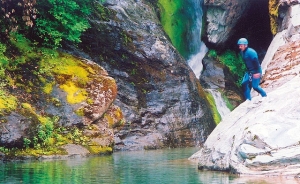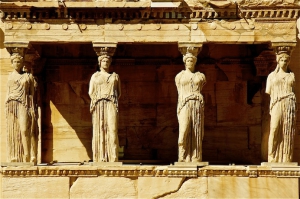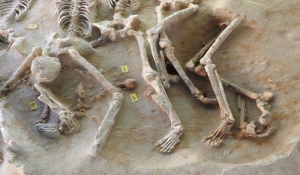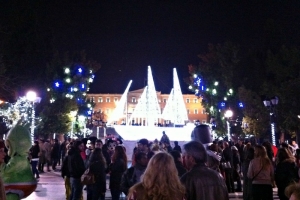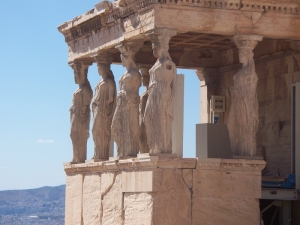The west part of Kissavos faces the great plain of Larissa whereas to the east its slopes reach the sea, forming several little creeks and wonderful beaches. To the north is Tempi Vale and Mount Olympus, and to the south is Agia Valley and Mount Mavrovouni.
The northwest side of Kissavos is rocky and arid, while the south and east sides are verdurous, grown with planes, beeches, chestnuts and firs. One more exceptional feature of the mountain is its numerous canyons, run by cascading torrents. Additionally, various kinds of animals live on the mountain, such as hares, wild boars, deer, pheasants and partridges.
The peak of Kissavos is “Profitis Ilias” rising to 1,978 meters high. A little lower on the site of Kanalos (1,604 metres), there is a large and high quality mountain refuge owned by the Larissa Alpine Club.
Source: Inthessaly.gr



